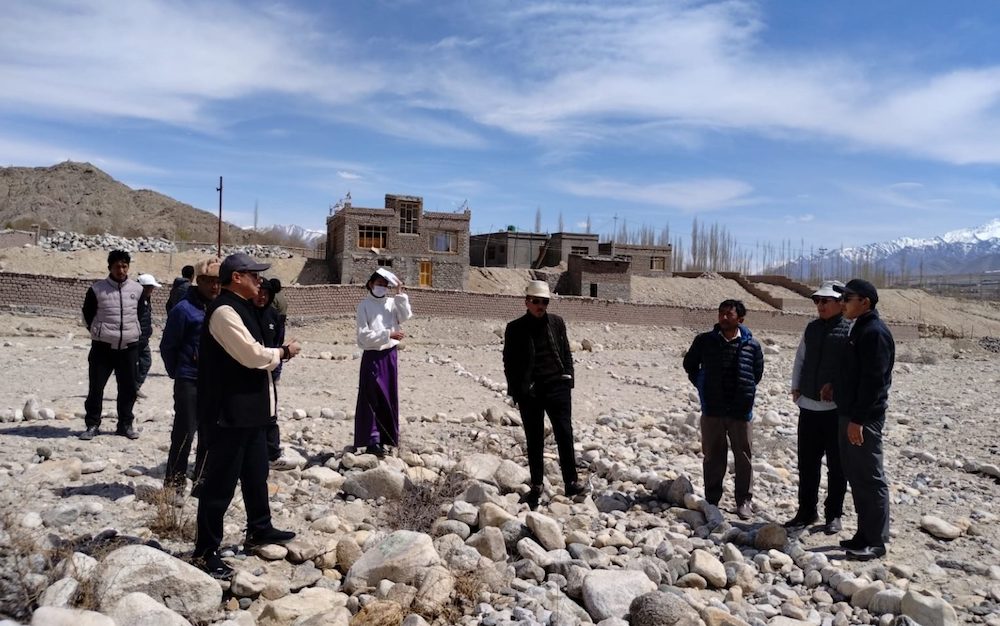China says to spend more on remote border regions
BEIJING, June 15 (Reuters) – China will spend more on its remote, poor border regions, building roads and new houses, but will also keep up the pressure on separatist groups and their activities, the government said on Friday.
Investment would go into roads, telecommunications, schools, hospitals and upgrading “straw huts and old, dilapidated buildings”, the State Council said in a statement carried on the central government’s Web site (www.gov.cn).
But it did not say how much money would be spent under the action plan, entitled “Revitalise the borders, enrich the people,” and which would run until 2010.
“We must speed resolution of the problem that in some border areas village committees … have no offices to work in,” it said of one of the problems the plan hopes to tackle.
“Finance departments of the central and regional governments will greatly increase investment, to support and speed up the setting up of a minimum living standard guarantee system for border region villages,” the statement added.
China is especially sensitive about its border areas, home to restless minorities like Tibetans and Mongolians yet also rich in natural resources and located next to regional hot spots of instability, such as Afghanistan and Myanmar.
China would invest more in bilingual education and protecting minority cultures, but also step up efforts to battle “splittists” — government-speak for the Uighur, Tibetan and other groups who want greater religious, cultural and political freedoms.
We will “appropriately deal with in a timely manner problems which affect ethnic unity, crack down in accordance with the law splittist criminal activity and continue to consolidate and develop socialist relations between the nationalities”, it added.
The border regions, with their poor infrastructure and often hostile environments of mountains, desert or forest, have missed out on China’s economic boom, which has been concentrated in coastal areas.
To tackle that, the government will encourage more cross-border trade and more companies to set up in border areas.
And it will encourage talented people to relocate there, hoping to reverse a brain drain to the more prosperous and easily accessible parts of China, according to the new plan.









